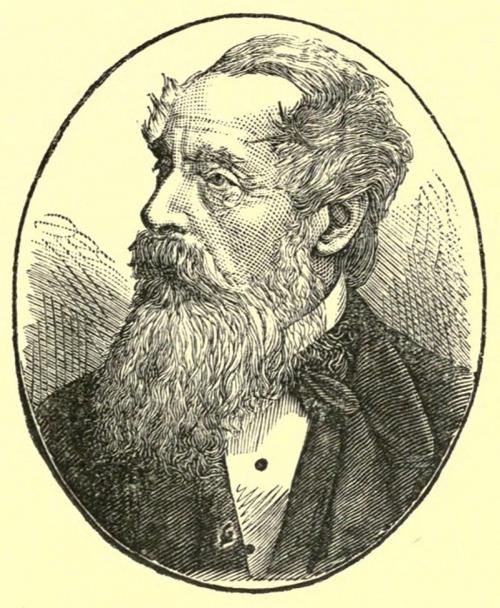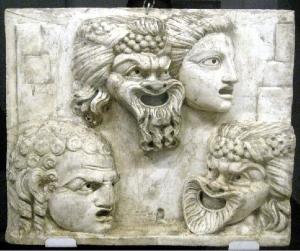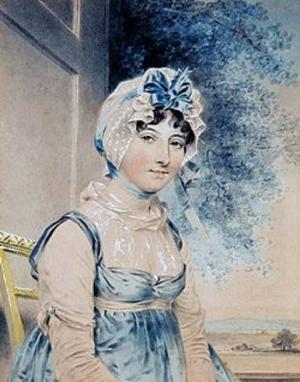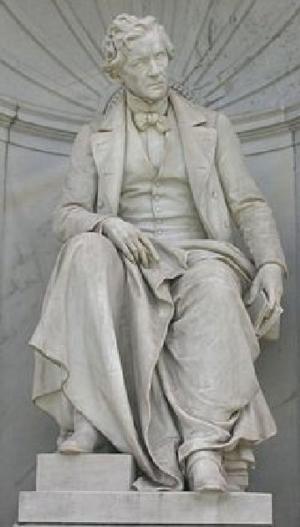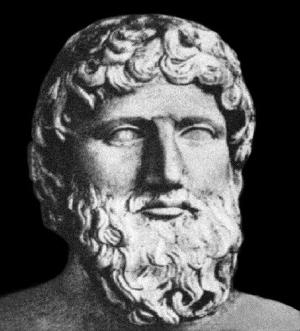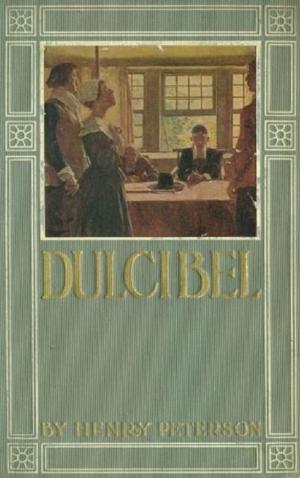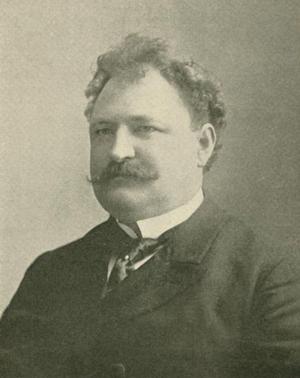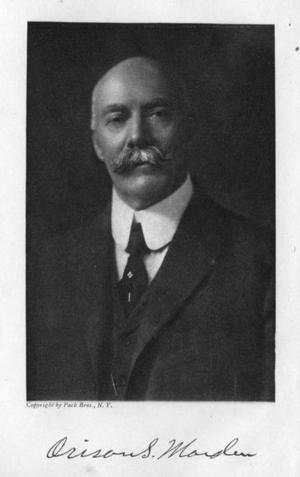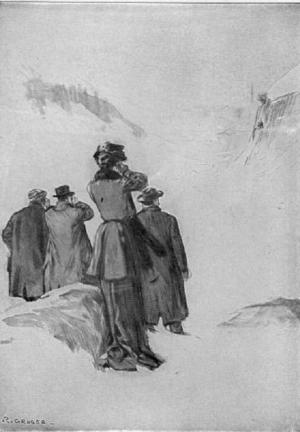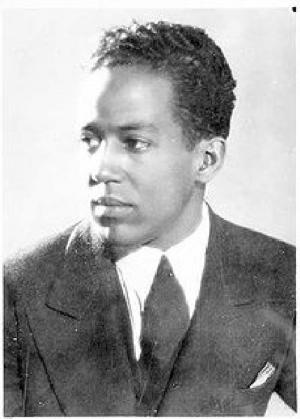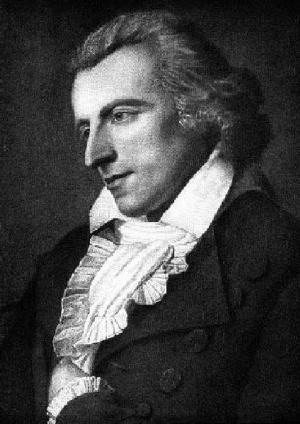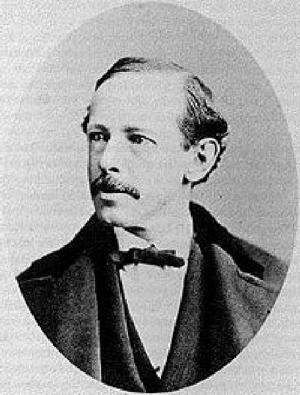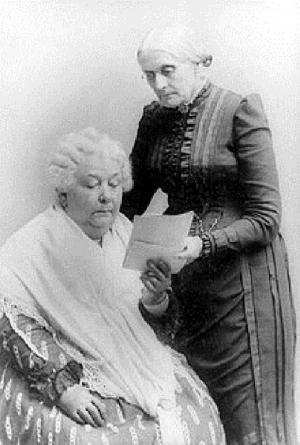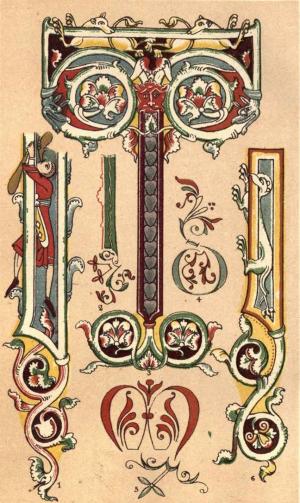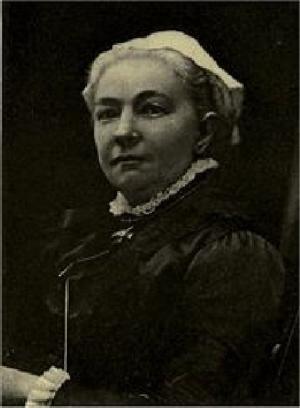My First Voyage to Southern Seas
Fiction & Literature, Classics, Kids, Teen, General Fiction, Fiction| Author: | Kingston, W.H.G. | ISBN: | 9781455394074 |
| Publisher: | B&R Samizdat Express | Publication: | June 10, 2015 |
| Imprint: | Quench Editions | Language: | English |
| Author: | Kingston, W.H.G. |
| ISBN: | 9781455394074 |
| Publisher: | B&R Samizdat Express |
| Publication: | June 10, 2015 |
| Imprint: | Quench Editions |
| Language: | English |
This is one of Kingston's earlier books, but is very much in the style for which he became famous. The theme is that the father of a family, a well-to-do merchant in London, dies suddenly. His eldest son had gone off to sea, but had not been heard of for some time, and by some was presumed dead. The second son is our young hero, who goes to sea as a midshipman. The book is thereafter filled with his adventures as he finds his way through rumour and chance to rescue his brother from where he is in captivity. It's quite a long book, but the action never drags, and there are some interesting descriptions of the places visited, specially Ceylon. As always with Kingston the seamanship is excellent. The action takes place in the 1850s, and we are in the age of sail. There are pirates, drunken captains, shipwrecks, strange coincidences, indeed all the usual components of a good Kingston novel. According to Wikipedia: "William Henry Giles Kingston (28 February 1814 - 5 August 1880), writer of tales for boys, was born in London, but spent much of his youth in Oporto, where his father was a merchant. His first book, The Circassian Chief, appeared in 1844. His first book for boys, Peter the Whaler, was published in 1851, and had such success that he retired from business and devoted himself entirely to the production of this kind of literature, in which his popularity was deservedly great; and during 30 years he wrote upwards of 130 tales, including The Three Midshipmen (1862), The Three Lieutenants (1874), The Three Commanders (1875), The Three Admirals (1877), Digby Heathcote, etc. He also conducted various papers, including The Colonist, and Colonial Magazine and East India Review. He was also interested in emigration, volunteering, and various philanthropic schemes. For services in negotiating a commercial treaty with Portugal he received a Portuguese knighthood, and for his literary labours a Government pension."
This is one of Kingston's earlier books, but is very much in the style for which he became famous. The theme is that the father of a family, a well-to-do merchant in London, dies suddenly. His eldest son had gone off to sea, but had not been heard of for some time, and by some was presumed dead. The second son is our young hero, who goes to sea as a midshipman. The book is thereafter filled with his adventures as he finds his way through rumour and chance to rescue his brother from where he is in captivity. It's quite a long book, but the action never drags, and there are some interesting descriptions of the places visited, specially Ceylon. As always with Kingston the seamanship is excellent. The action takes place in the 1850s, and we are in the age of sail. There are pirates, drunken captains, shipwrecks, strange coincidences, indeed all the usual components of a good Kingston novel. According to Wikipedia: "William Henry Giles Kingston (28 February 1814 - 5 August 1880), writer of tales for boys, was born in London, but spent much of his youth in Oporto, where his father was a merchant. His first book, The Circassian Chief, appeared in 1844. His first book for boys, Peter the Whaler, was published in 1851, and had such success that he retired from business and devoted himself entirely to the production of this kind of literature, in which his popularity was deservedly great; and during 30 years he wrote upwards of 130 tales, including The Three Midshipmen (1862), The Three Lieutenants (1874), The Three Commanders (1875), The Three Admirals (1877), Digby Heathcote, etc. He also conducted various papers, including The Colonist, and Colonial Magazine and East India Review. He was also interested in emigration, volunteering, and various philanthropic schemes. For services in negotiating a commercial treaty with Portugal he received a Portuguese knighthood, and for his literary labours a Government pension."
